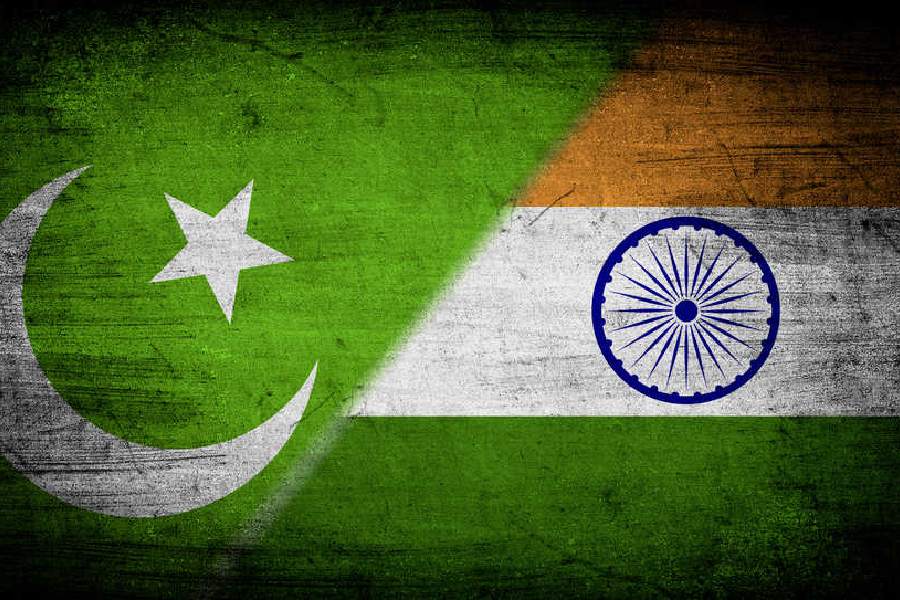Member countries of Shanghai Cooperation Organisation on Tuesday signed up to cooperate in countering radicalisation even as India and Pakistan shadow-boxed with each other over terrorism and minorities.
In his inaugural address at the virtual meeting, Prime Minister Narendra Modi brought up terrorism and said: “Dealing with this challenge requires decisive action. Regardless of its form or manifestation, we must unite in our fight against terrorism. Some countries use cross-border terrorism as an instrument of their policies, provide shelter to terrorists. SCO should not hesitate to criticise such nations. There should be no place for double standards on such serious matters. We need to enhance mutual cooperation in dealing with terror financing as well….”
He did not name Pakistan but his reference to cross-border terrorism was clearly directed at Islamabad and the mention of double standards was a swipe at China which has blocked sanctions against some Pakistani terror groups in the UN Security Council.
When his turn to address the virtual gathering came, Pakistan’s Prime Minister Shahbaz Sharif responded in like fashion, saying: “Any temptation to use it (terrorism) as a cudgel for diplomatic point-scoring must be avoided under all circumstances.” On the issue of minorities, he said they should never be demonised in the pursuit of domestic political agendas and spoke against violent ultra-nationalism and xenophobic ideologies, especially Islamophobia.
Without mentioning Kashmir, he brought it up by underscoring the need to guarantee fundamental rights to all “including those under occupation” and ensure the right to self-determination.
Unlike the SCO foreign ministers conference in May in Goa where a spat between the foreign ministers of India and Pakistan overshadowed everything else, the virtual format ensured that the focus remained on the agenda and both countries signed up on the joint statement on “countering radicalisation leading to terrorism, separatism and extremism”.
While condemning terrorism in all its forms and manifestations, the SCO countries asserted in the joint statement that it should not be associated with any religion, civilisation, nationality or ethnic group irrespective of who commits it and with whatever agenda.
Along with a New Delhi Declaration, the SCO member countries also came out with a joint statement to cooperate on digital transformation; acknowledging it as a “driver of global, inclusive and sustainable growth”.
The consensus on radicalisation and digital transformation apart, there was a concerted push to gradually increase the use of national currencies in mutual settlements.
This was particularly pushed by Iran and Russia.
In his speech, Russian President Vladimir Putin said: “We are making wider use of national currencies for mutual settlements. In particular, over 80 per cent of commercial transactions between Russia and the People’s Republic of China are made in rubles and yuan. The share of the Russian national currency in export transactions with all the SCO countries exceeded 40 per cent in 2022.
“Russia has been very active in implementing the SCO roadmap for the transition to national currencies in mutual trade, endorsed at the previous summit in Samarkand, Uzbekistan. It is important to continue this work, to take coordinated measures to remove regulatory barriers, to establish the necessary payment infrastructure and to create an independent financial system.”
Likewise, Iranian President Ebrahim Raisi also spoke out against the hegemony of the dollar in what was his maiden speech at SCO after Iran was given full membership.
“Relying on the experience of the past decades, it is now quite evident that, along with militarism, what forms the basis of the western domination system has been the dominance of the dollar and therefore any attempt to shape a fair international system requires the removal of this instrument of dominance in intra-regional relations.”










